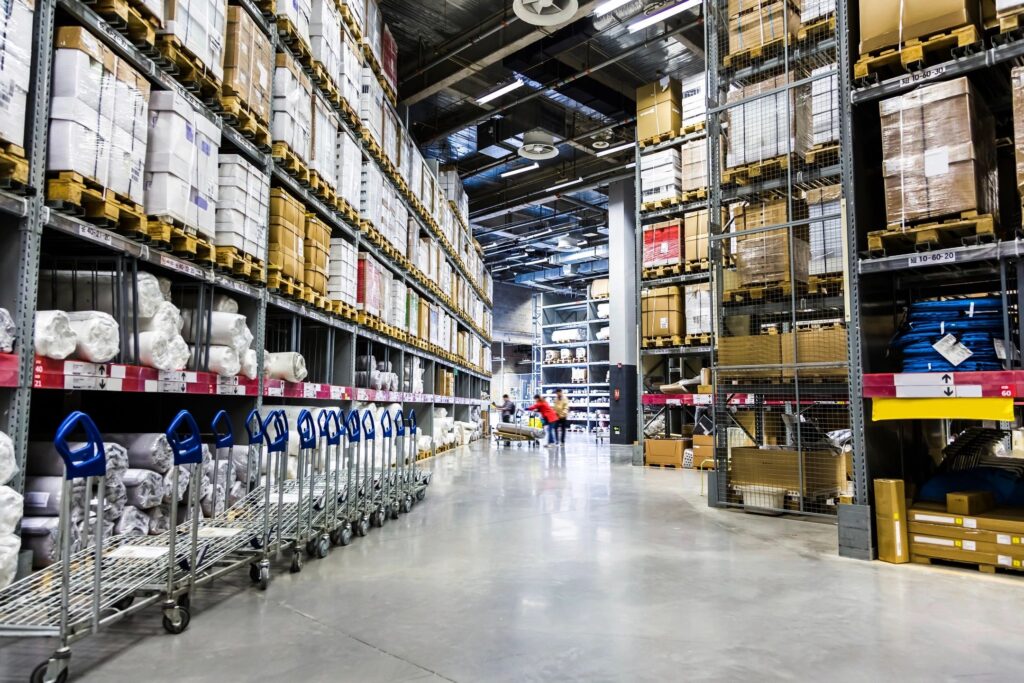
Costco, the warehouse giant known for its bulk goods and membership-only model, has long been synonymous with savings. For many, it’s the go-to store for stocking up on everything from groceries to electronics. But is Costco really as cost-effective as it seems, or do the perceived savings come with hidden costs? Let’s dive into the numbers, the value, and the real-life experiences to determine whether Costco is truly a cheaper alternative.
The Membership Dilemma
The first hurdle in assessing Costco’s cost-effectiveness is the membership fee. Costco requires customers to purchase an annual membership, which starts at $60 for the basic Gold Star membership and goes up to $120 for the Executive membership, which offers 2% cash back on most purchases.
For frequent shoppers, this fee can be easily justified, as the savings on bulk purchases might outweigh the upfront cost. However, for those who don’t shop at Costco regularly, the membership fee can be a significant expense that eats into any potential savings. It’s essential to consider whether the frequency and size of your purchases will make the membership worth it.
Bulk Buying: A Double-Edged Sword
One of Costco’s main appeals is the ability to buy in bulk, which often translates to lower per-unit costs. This can be a fantastic deal for non-perishable items like toilet paper, paper towels, and canned goods. However, for perishable goods like fresh produce, dairy, or meats, buying in bulk can lead to waste if you’re unable to consume the items before they spoil.
For large families or those with ample storage space, bulk buying can result in significant savings. But for smaller households or those with limited storage, the bulk quantities may be more of a burden than a benefit, potentially leading to waste and, ironically, higher costs.
The Price Perception
Costco is known for its low prices on certain items, but not everything in the store is a bargain. While staples like rotisserie chickens, gasoline, and certain household goods are often cheaper than at other retailers, some items might not offer the same level of savings.
It’s also important to consider the “Costco effect,” where shoppers buy more than they originally intended because of perceived savings. The abundance of products and the temptation to try new items can lead to higher spending overall, potentially offsetting any savings on individual products.
Quality vs. Quantity
Costco is often praised for the quality of its products, particularly its Kirkland Signature brand, which offers everything from food to clothing at competitive prices. However, higher quality often comes with a higher price tag, even at Costco. In some cases, shoppers may find that they’re paying more at Costco for higher quality, but not necessarily saving money compared to lower-priced alternatives at other stores.
This raises the question: Are you looking for the lowest possible price, or are you seeking better value for the money? For many Costco shoppers, the answer is the latter, and the combination of quality and price makes Costco a compelling option. But if your primary goal is to spend the least amount of money, it’s worth comparing prices with other retailers, both online and in-store.
The Time Factor
Shopping at Costco isn’t just about money; it’s also about time. A trip to Costco can be time-consuming, with its large store layout, long lines, and the need to drive to a warehouse location, which might not be as conveniently located as a neighborhood grocery store. Additionally, the bulk purchases require time for storage and possibly repackaging items into smaller, more manageable portions.
For busy individuals or families, the time spent shopping at Costco might outweigh the monetary savings. In contrast, those who enjoy the experience of shopping in bulk and have the time to manage it might find the trip well worth it.
Hidden Costs and Benefits
Costco offers several perks that can add value to your membership, such as discounted gas, a generous return policy, and access to services like travel booking, auto purchasing, and even insurance. These extras can provide significant savings, depending on how you use them.
However, there are hidden costs as well. The sheer volume of products and the allure of “deals” can lead to overbuying and impulse purchases, which can quickly negate any savings. Additionally, the large package sizes might require additional storage solutions, which can be an added expense.
So Is Costco Really Cheaper?
The answer to whether Costco is truly a cheaper alternative depends largely on your shopping habits, household size, and lifestyle. For those who regularly buy in bulk, have ample storage space, and can make the most of the membership perks, Costco can offer substantial savings. But for occasional shoppers or those prone to impulse buying, the cost-effectiveness of Costco might not be as clear-cut.
Ultimately, the best way to determine if Costco is cheaper for you is to do a bit of homework. Compare prices on the items you frequently buy, factor in the membership fee, and be honest about your shopping habits. If the numbers add up, Costco can be a fantastic resource for saving money and accessing high-quality goods. But if not, it might be worth sticking to your local grocery store or exploring other alternatives.
